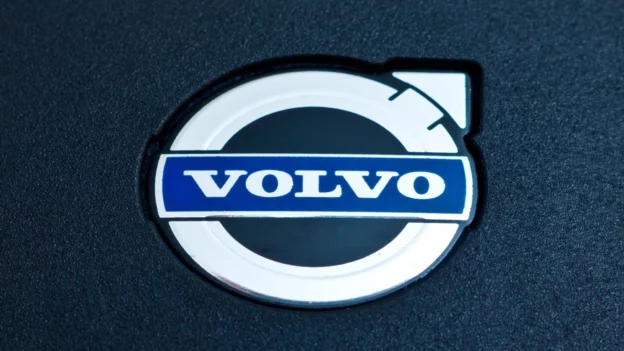Volvo Cars has taken a significant step towards sustainability by replacing natural gas with biogas at its Taizhou plant in China, making it its first facility in the country to achieve climate neutrality. This change will result in a notable decrease in emissions, estimated at more than 7,000 tons of CO₂ per year.
Moreover, this breakthrough in Taizhou represents only a fraction of Volvo’s total emissions of 43 million tons of CO₂, but it is critical to the company’s goal of having climate-neutral manufacturing operations by 2025 and lowering emissions across its operations globally. This effort is part of Volvo’s broader commitment to eliminate net greenhouse gas emissions by 2040.
Use of biogas: the Volvo Cars strategy
As for biogas, this is not the only sustainable resource that the Taizhou plant uses. Previously, the plant already used electricity generated from climate-neutral sources, and this new step ensures that the heating system is also climate-neutral. This is an achievement that follows that of the Torslanda plant in Gothenburg, Sweden, which was the first Volvo site to achieve climate neutrality.
Volvo Cars also notes that 40% of the electricity used in Taizhou is produced through in-house solar panels, with plans to increase this percentage in the future. The remaining 60% comes from the electricity grid and is also of solar origin, which ensures that all the factory’s energy needs, including heating, are covered by sources free of climate impact.
Finally, Volvo has recently updated its sustainability strategy with ambitious targets for the coming years, stressing the importance of reducing direct emissions before considering carbon offsetting for unavoidable emissions. The company is also encouraging its suppliers to adopt similar measures.
Javier Varela, COO and Deputy CEO of Volvo Cars, stressed the importance of adapting energy sources to regionally available options. “We move quickly toward sustainable energy alternatives when they are viable,” Varela commented, underscoring Volvo’s commitment to a climate-neutral energy mix for each of its factories globally.
Additional benefits of climate neutrality
Beyond emissions reductions, achieving climate neutrality at Volvo’s plants has additional benefits that include improved energy efficiency and reduced long-term operating costs. Such practices not only contribute to the environment, but also offer economic value by reducing dependence on fossil fuels and optimizing resource consumption.
This can translate into a competitive advantage in the automotive industry, where sustainability is fast becoming a key criterion for consumers when making purchasing decisions.
Inspenet.com YouTube LinkedIn Facebook Instagram X
Source: elperiodicodelaenergia.com
Photo: shutterstock

